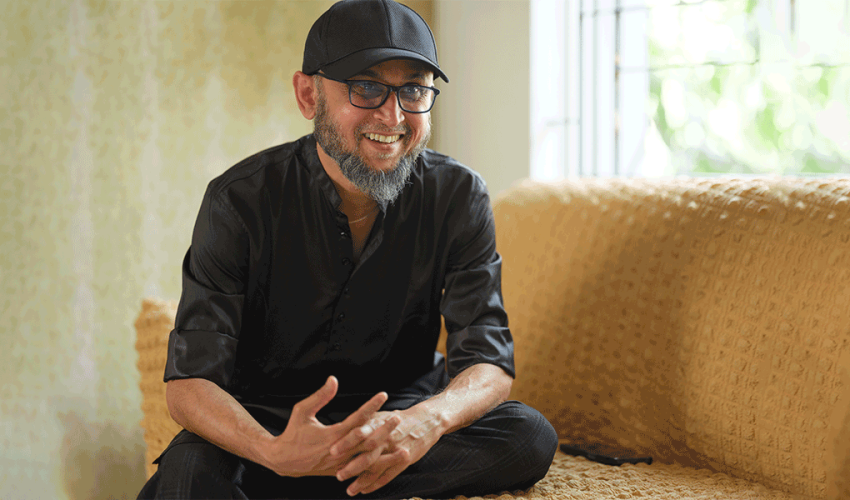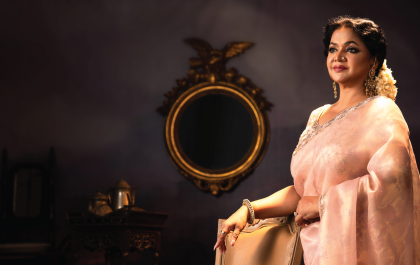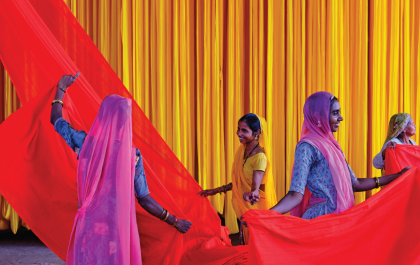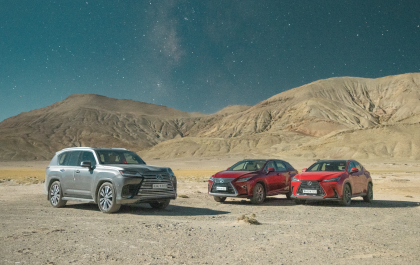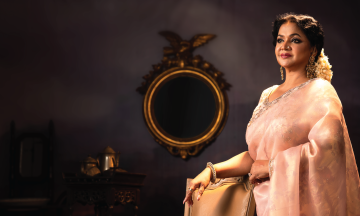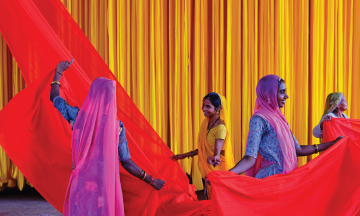By Shams Nafiz
Mostofa Sarwar Farooki – a man who needs no introduction. Over the last two decades he has carved out a distinctive niche for himself in the world of cinema. His films, which are known for their bold story-telling and nuanced exploration of complex social issues, have earned critical acclaim and won numerous awards. One of his recent and most talked about films is the 2019 movie Shonibar Bikel – the movie is inspired by the terrorist attack on the Holey Artisan Bakery in 2016.
As a fan myself, I had an eye-opening chat with Farooki bhai about Shonibar Bikel, his humble beginning as a budding filmmaker, and how the Bangladesh film industry has evolved over the years.
What initially inspired you to make Shonibar Bikel?
I would not say I was inspired, rather I felt compelled to make this movie.
On that fateful day I was on my way to Holey Artisan with some of my friends and colleagues. On the way I decided to take a detour and take some pictures of the sky which was a shade of melancholic indigo. After taking a few snaps and posting it on Facebook, I changed my mind and decided to come back to the office and hang out with my boys. And we all know what happened after that. Like many others I felt deeply distraught and unsettled due to the tragedy that took place at Holey Artisan Bakery.
See, it is my observance that generally, Bangladeshi people are not suicidal. We love to think about the future, to the point that we live in that not-so-distant future where all our problems have been sorted out. From that perspective, I could not fathom the existence of those five individuals and their motives. They certainly don’t represent us, so which group of people do they belong to? How did they become the person they were? I wondered how we reached this scenario as a nation and what conflicting identity lies in the background. Unfortunately, there are no right or wrong answers to these questions – the complexity is daunting. I spent many restless, sleepless nights thinking of these questions and scenarios. Eventually, I came to the realization that I must make a movie and share these complexities with the audience. As I began writing the script, I knew that I wanted to have the story take place in a fictional universe played out by fictional characters. In this story I have tried to explore those complexities, I strived to answer some questions, and perhaps, have raised some more questions for us to ponder upon.
The making of the movie has been a huge collaborative effort. It was a difficult movie to make both physically and mentally. What were some of the biggest challenges you faced during the production of the film, and how did you overcome them?
The whole process of writing the script and making the film was something entirely new for me. We knew we wanted the movie to be a hundred percent organic one-shot film – there would be no cuts or any sort of digital stitching. We had to plan out the entire movie, figure out the editing process, and find the right personnel. We carefully planned and coordinated with the cast and crew to ensure that the performance appeared completely natural. To give you an example – we needed a cinematographer who can skillfully operate a Steadicam for 90 minutes. Trust me it is an exhausting job, and as far as I know there are only a handful of people that fit the bill. We also needed to find someone who will manually focus the continuous in such a way that it looks like auto focus.
The final hurdle was to put it all together in one go without any mistake. Even a mistake at minute 60 would mean we start over. The overall process was difficult yet rewarding.
Speaking of filming the movie in one shot, how did you decide on the visual style and cinematography of the film? Was it an inspiration or did something compel you as you previously mentioned?
Yes, this decision is linked to the story. When I was initially visualizing the story in my mind, I could only think of what I was feeling when the (Holy Artisan) incident took place and my anxiety over the next couple of days. If I could sum it up in one word, it would be suffocation. I realized that if I wanted the audience to feel this suffocation and anxiety, I needed to shoot this move to be a single shot in a Steadicam to completely immerse the audience in the restaurant.
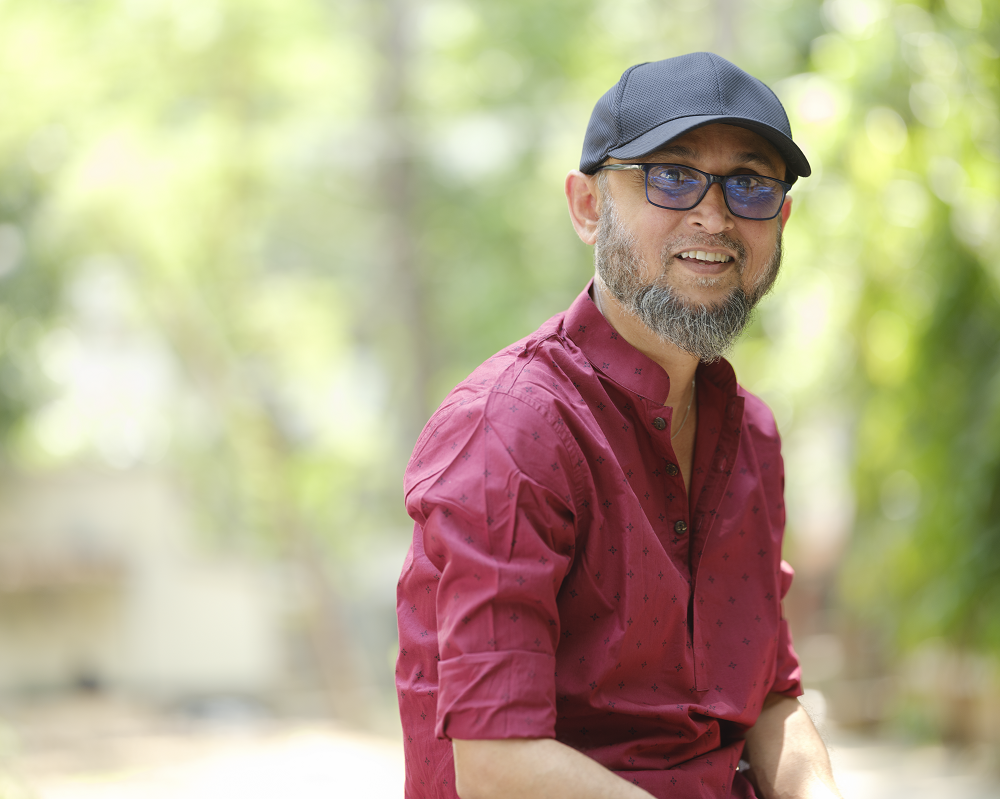
Four years of struggle for the movie to be released, and that day is almost here. Although it is already in theaters in the US and Canada, as far as we are aware, no definitive date has been provided for Bangladesh release. How do you feel under the circumstances?
I think that it is shameful for the Ministry of Information and Broadcasting for stalling even after the movie was cleared by the Bangladesh Film Censor Board. It is disrespectful for Bangladesh that a movie which has been shown and released all over the world is being blocked for local release. There is no question about the legality, rather it is the whimsical decision of someone of a group of people that is behind this situation. It is unfortunate that the situation still is not resolved.
Can you share any interesting behind-the-scenes stories?
Well, I could share some stories, but that would remove the immersion of the story we want to tell. So, I think I will refrain from answering and request the readers to see the movie and experience it without external context.
What is the most important lesson you have learned from the experience of making and releasing Shonibar Bikel?
That is a tough question brother, there is no singular answer to it. If I have to say, the best thing that happened is the movie itself and the overall experience I had. Not the experience with the censor board but rather the making of the movie itself.
You have been making TV shows and movies for more than 20 years. What inspired you to become a director in the first place?
When I first did some work on a TV show for Ekushey Television, I was actually chasing a girl I liked. I didn’t have a good degree, I didn’t come from a so-called “elite” family, nor did I have any money. So how do I impress her? I used to regularly go to screenings of many film societies, and the thought of working on a TV production came to mind. I thought, maybe working on a drama or short film would improve my standing in society and I would come across as capable to her. Funny thing is, while working on the project I completely forgot about her and fell in love with film-making. And that’s how I am here today.
In today’s world people are quick to judge and criticize. How do you handle the criticism of your work, and what impact does it have on your creative process?
In my opinion, there are two aspects of criticism – pre-social media and post-social media.
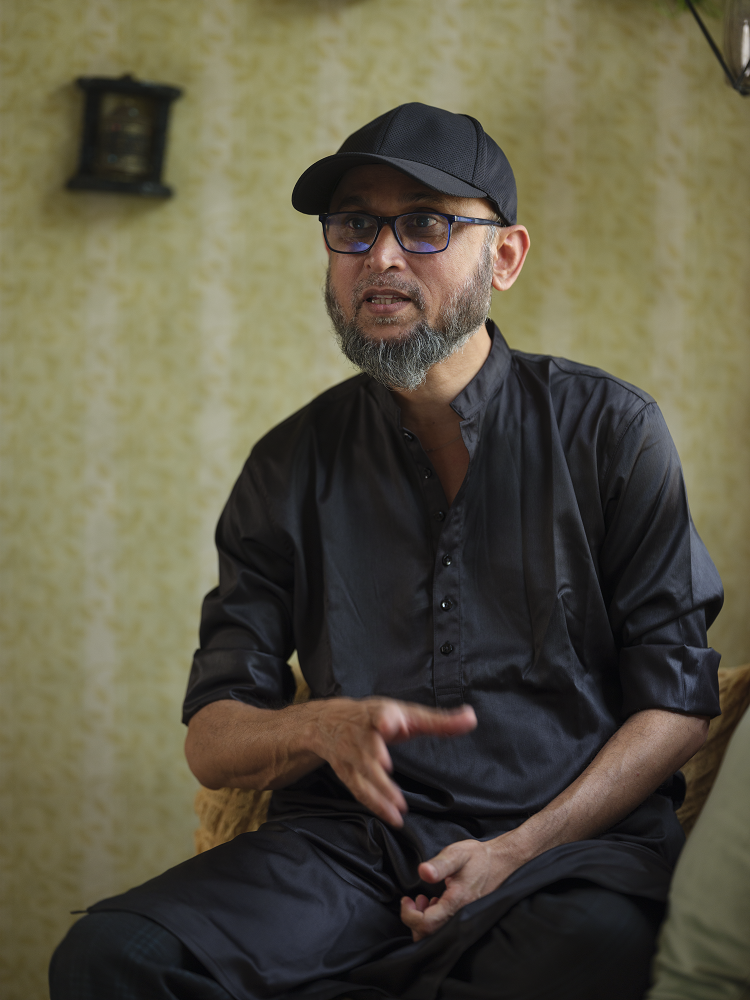
Before the advent of social media, people would mostly criticize your work in an objective manner. If they loved your work, it was praised and vice versa. Now we live in a post-social media world where other aspects become more important than the work itself. For example, you may express an opinion that is not politically correct or challenges someone’s political beliefs. An individual, offended by your words, would be waiting for your next movie to come out so that they can post negative comments about it.
I consider myself very lucky that over the years I have received immense love and support from the youth of Bangladesh, this sort of appreciation is usually catered towards actors and movie stars. I consider myself as a simple film-maker, so I feel immensely blessed and grateful. Saying that, I have received my fair share of criticism as well, which I consider fairly normal. When your work questions the traditional aspects of society and discomforts the old guards, it is natural that you will face criticism. And I think it’s healthy and a natural progression of the industry. If you remember, the things I was criticized for back in 2001-03 is now the norm of the industry. Which indicates that we have normalized those aspects which were frowned upon not long ago. I have not held a grudge over this, I have taken it nicely. However, when it comes to social media, I don’t take it very seriously. Social media is ripe with propaganda, from personal to state sponsored. It is sometimes genuinely difficult to identify which criticism is constructive and which is a smear campaign. It is best to focus on your craft and not let these things bother you.
How do you measure success in your work, beyond box office numbers or critical acclaim?
I believe being alive and living a good life in itself is success, right? It is not easy to achieve that. So, that in itself is success to me. Now, when it comes to work, anything you are able to accomplish that brings you joy, the work that you happily perform till you pass away is what I would define as success. The love and accolades you receive from people for your work can be thought of as bonus or incentives. I always say that the love and praise I receive from people is their kindness, not something I am owed. It is entirely possible that a person does not appreciate you or even your best work. So, I never take people’s love for granted and I feel blessed to be where I am today.
You have mentored and continue to mentor future directors and artists. What advice do you have for aspiring film-makers who are looking to create their own movies?
I would advise that they watch a lot of movies and write at least one or two scenes every day. And shoot as much as you can. You don’t need to get a professional camera; you can work with your mobile. Get your friends together and a scene or two. The more you practice, the more you will learn and get better.




